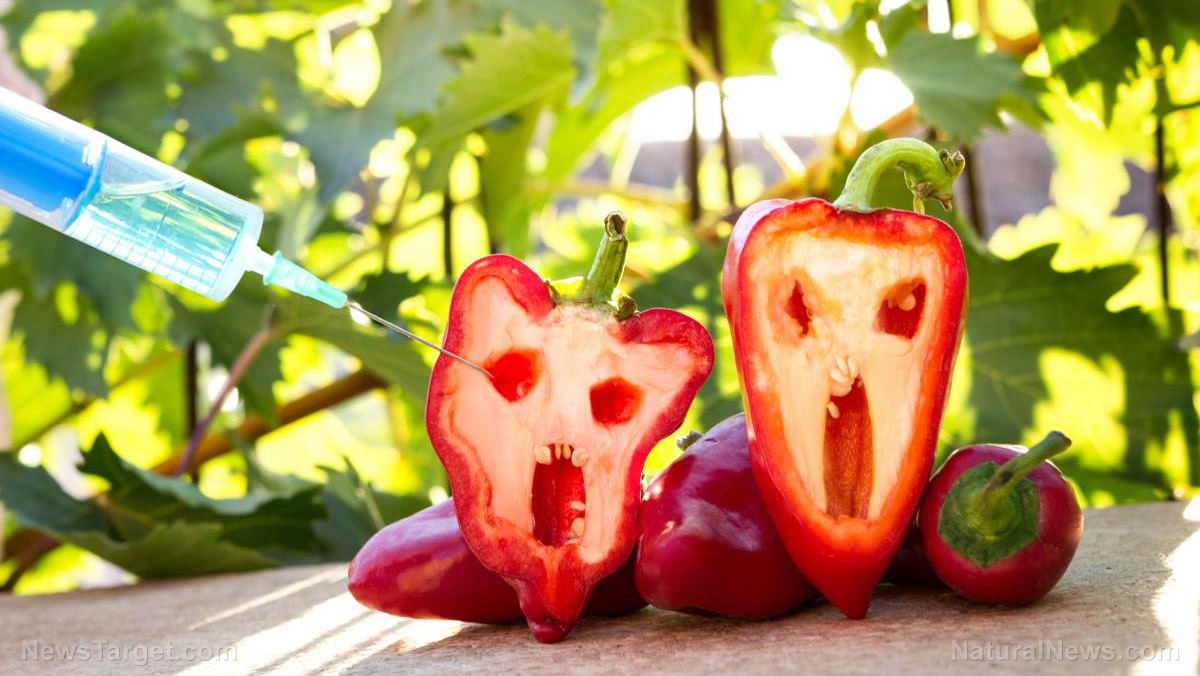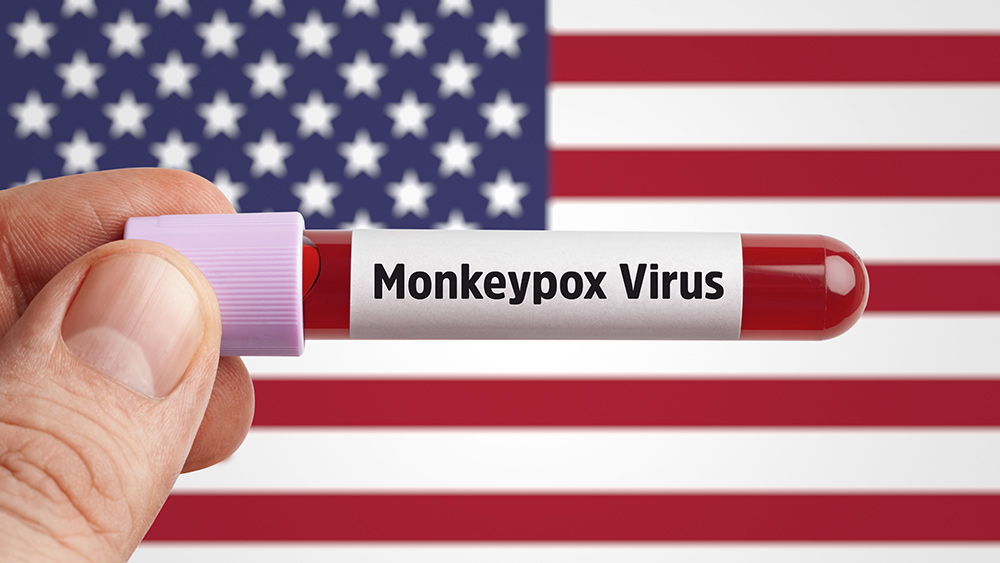Study: Researchers improve fermented pumpkin-based drink to ensure survivability of probiotics, boost antihyperglycemic properties
04/03/2019 / By Michelle Simmons

A study published in the journal Food Science and Human Wellness found that a fermented pumpkin-based drink can be used as a probiotic carrier. The fermented drink may be used in managing hyperglycemia.
- Researchers at the Universiti Sains Malaysia in Malaysia and Yeungnam University in South Korea aimed to develop an optimum fermentation and composition model for a new fermented pumpkin-based beverage with high probiotic survival and alpha-glucosidase inhibitory activity.
- Pumpkins are rich in insulin-dependent sugars, so researchers used fermentation in the development of pumpkin-based drink. In this way, the microorganisms (probiotics) could use the sugar during fermentation.
- This process reduces the insulin-dependent sugars for the drink to be more suitable for people with diabetes.
- Fermentation also improves the food safety levels, prolongs the shelf life, and enhances the availability of certain nutrients.
- They used Lactobacillus mali K8 isolated from kefir grains for the fermentation of pumpkin-based beverage.
- The results revealed that survival rate and ?-glucosidase inhibitory activity of L. mali K8 in fermented pumpkin-based beverage were maximized.
- The product also reached high survival of probiotics, excellent sensory acceptability, and stable alpha-glucosidase inhibitory activity.
- After treatment with simulated gastrointestinal fluids and four weeks cold storage, L. mali K8 maintained up to 88 percent survival rate.
From these findings, the researchers concluded that the fermented pumpkin-based drink may be used in managing high blood sugar.
Read the full text of the study at this link.
To read more studies on foods that lower blood sugar levels, visit BloodSugar.news.
Journal Reference:
Koh WY, Uthumporn U, Rosma A, Irfan AR, Park YH. OPTIMIZATION OF A FERMENTED PUMPKIN-BASED BEVERAGE TO IMPROVE LACTOBACILLUS MALI SURVIVAL AND ?-GLUCOSIDASE INHIBITORY ACTIVITY: A RESPONSE SURFACE METHODOLOGY APPROACH. Food Science and Human Wellness. March 2018; 7(1):57-70. DOI: 10.1016/j.fshw.2017.11.001
Submit a correction >>
Tagged Under:
alternative medicine, blood glucose, blood sugar, diabetes, fermentation, fermented, food cures, food is medicine, high blood sugar, hyperglycemia, natural cures, natural healing, natural medicine, natural remedies, probiotics, research
This article may contain statements that reflect the opinion of the author



















